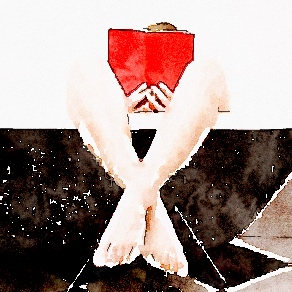I stopped counting the lockdown with Day 70, 6 days ago, when we managed to get to the seaside in Lancashire and I actually got to swim – for the first time since my pool closed in March. It’s true that the water was barely above knee deep as it was low tide but on the plus side this meant its temperature was perfectly acceptable, instead of being 14 degrees as it would have been at high tide.
Trips to the sea however come round relatively rare in our lives (for all that this is an island); so it was with great excitement that I noticed recently in the news that talk began of the reopening of swimming pools in a month or two’s time.

But without the changing rooms.
Well, arriving already wearing your swimsuit is no major hardship and you can stuff your clothes and purse into a waterproof swimbag and leave it by the poolside. But as for going home… I can’t quite see myself wearing nothing but a dripping wet swimsuit on the bus, among fully dressed fellow travellers!
And what about in winter?

(Perhaps they should take this back to the drawing board.)






